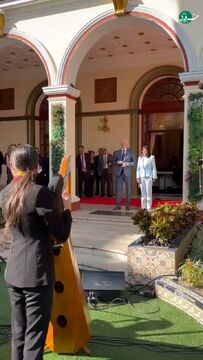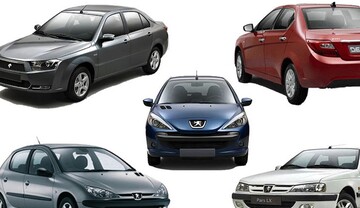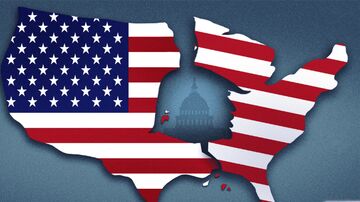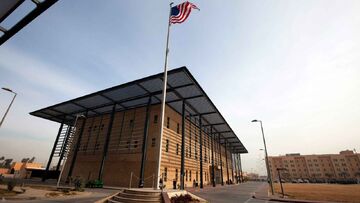TEHRAN (Bazaar) –Nader Entessar, Professor Emeritus of Political Science from university of South Alabama says that politically, Iran's membership in BRICS will enhance the country's standing and presence internationally.
“Economically, it will allow Iran to more closely align itself with several important countries and under the right circumstances strengthen its economic footprint,” Entessar told Bazaar News Agency.
Following is the full text of the Bazaar interview with Professor Entessar:
Q: Since January 1, 2024, Iran has officially become a permanent member of the BRICS. What is the importance of this membership for the BRICS group?
A: By adding Iran to its member states, BRICS can enhance its presence in Southwest Asia and expand its global reach.
Q: What is the importance of this membership for Iran?
A: Politically, Iran's membership in BRICS will enhance the country's standing and presence internationally. Economically, it will allow Iran to more closely align itself with several important countries and under the right circumstances strengthen its economic footprint. It will also provide Iran with a window of opportunity to find smart ways to challenge U.S. sanctions.
Q: BRICS and Shanghai Cooperation Organization (SCO) are among the organizations that some experts believe will manage the ‘Global South’. What is your assessment?
A: The "Global South" consists of many countries at different levels of economic development and varying economic interests. So, it will be challenging for any organization to effectively manage the "Global South". However, organizations like SCO and BRICS can provide a framework for member states to coordinate some of their economic activities. I think both BRICS and SCO should not overexpand. Otherwise, they will weaken their cohesiveness and effectiveness. We have already seen one recent example of this when Argentina elected a Trump-wannabe president and promised to withdraw from BRICS.
Q: Considering agendas such as de-dollarization in BRICS and SCO, do you think these organizations will be able to challenge the Western order in the international system?
A: The issue of de-dollarization has been talked about for some time, but as of now, there is no BRICS currency and the U.S. dollar continues to be the currency of choice among BRICS nations. That said, if BRICS indeed develops its currency and starts using it as a medium of transaction among its members, then it will be able to take an effective and necessary step to challenge the Western order in the international system. At this time, BRICS is not close to establishing a framework resembling de-dollarization.
Q: India has a balanced policy against the East and the West, and its membership in BRICS and Shanghai shows that Delhi does not pursue all its interests in the West. In your opinion, this issue will not be a challenge for such countries in the future, and it will be possible for them to follow a ‘hedging strategy’?
A: As I indicated before, the problem of cohesiveness and unity of purpose will be a major challenge that BRICS and SCO will have to deal with. Obviously, India's position as a country with one foot in the East and the other foot in the West will present a significant challenge for both New Delhi as well as for BRICS and SCO.















نظر شما